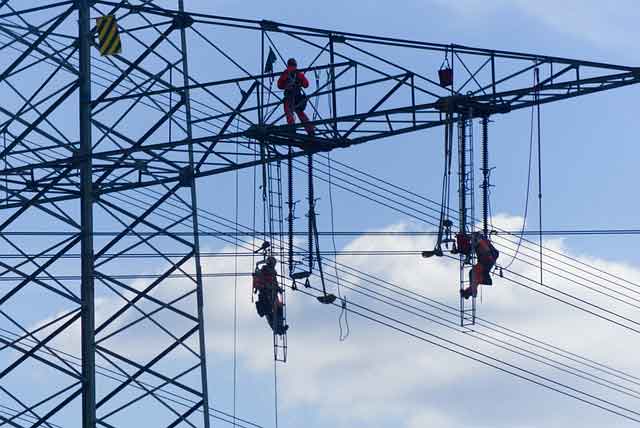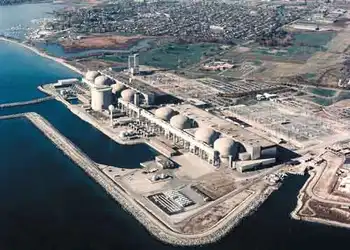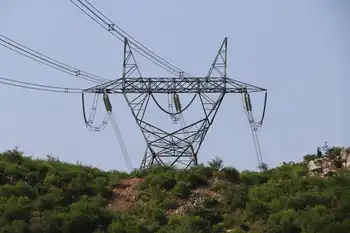Industry fears Prime Minister's emissions plan
By Toronto Star
Protective Relay Training - Basic
Our customized live online or in‑person group training can be delivered to your staff at your location.

- Live Online
- 12 hours Instructor-led
- Group Training Available
Negotiations between the main industry players and top officials in Prime Minister Stephen Harper's government are in the final days, but it remains a "one-way conversation" with the Tories refusing to reveal what targets they are thinking about imposing, sources have told the Star.
Adding to the worry is an apparent turf war between Ottawa and the Alberta government. Both levels of government want to impose their regulations on the province's wealthy oil producers, the largest source of emissions in the country.
The federal Tories were to have announced their targets late in February. They are now expected after the March 19 federal budget.
Still, some observers anticipate the targets could be pushed back until after the March 26 Quebec election in order to ensure that Ottawa's environmental efforts are not vilified in a campaign.
"When you're into a very short period for decision making, and you're into a situation where the political drivers are more important than the economic drivers then the potential for something coming out which is going to be hurtful is increased enormously," said a senior executive in the Alberta oil sands.
Tom Olsen, a spokesperson for Alberta Premier Ed Stelmach, said the oil-rich province plans to come out with its regulations very soon.
Industry players said provincial officials have been "racing" to beat the federal government on setting regulations. "They're talking to people every day about it, and the numbers change every day, too," said a source.
Expectations are that the province's targets will be softer than the ones Ottawa imposes, but a spokesperson for Environment Minister John Baird said the federal government's standard would prevail.
"We will set the bar and the provinces will not be able to lower it," said Eric Richer.
The Quebec government will likely also try to set its own standards for polluters within the province, challenging the federal government's rules, said Louise Comeau, a climate change expert with the Sage Foundation, an environmental group.
"They're going to say it's within their jurisdiction," she said. "The fact is that the federal government has the authority to establish a national system and they will do so."
How Ottawa will go about the task of regulating greenhouse gas emissions is the source of much consternation.
Comeau said a draft copy of the regulations produced in December had the Tories setting targets for emissions reductions that started at 5 per cent for the cement industry, jumped to 13 per cent for mining and mineral companies and chemical firms, and topped out at 16 per cent for pulp and paper producers and oil and gas companies.
But environmentalists say those figures fall short of their expectations, and even industry experts admit the government plan would be more "credible" if the targets were more rigorous.
The industry executive said some competitors still think they can avoid an overhaul of their current business models under the Harper government.
"They still think that Harper has some kind of option to avoid anything serious here," the executive said. "He doesn't at all. That's political suicide."
Other firms complain that the Conservative government's secrecy over its plan to improve the environment has left them unprepared to move ahead.
At least one company is still working under a plan drawn up when the former Liberal government produced its 2005 climate change program.











